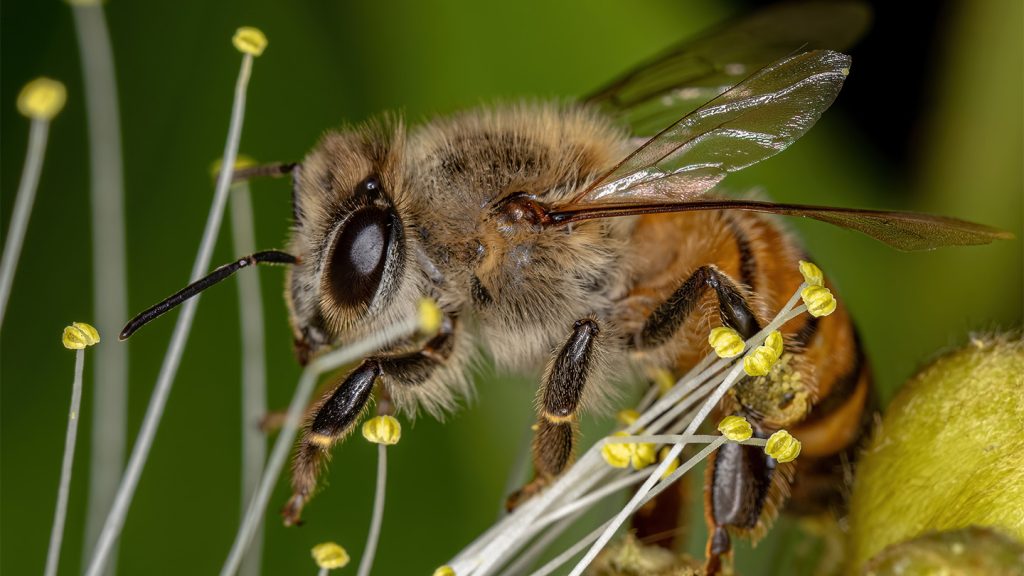Bees have shown the ability to detect the scent of lung cancer in lab-grown cells and synthetic breath in a recent study. Researchers believe that this discovery could potentially lead to the use of bees in screening people’s breath for cancer in the future. This unique ability of bees to detect the scent of cancer raises the possibility of a non-invasive and cost-effective method for early cancer detection.
The study involved training bees to recognize the scent of lung cancer in a controlled environment. The bees were able to successfully distinguish between the scent of healthy cells and cancerous cells, showing a high level of accuracy in their detection abilities. This suggests that bees have a natural ability to detect the presence of cancer cells through their acute sense of smell.
The use of bees in cancer detection could offer a promising alternative to traditional screening methods such as biopsies or blood tests. By harnessing the natural abilities of bees to detect cancer, researchers hope to develop a non-invasive and highly accurate method for early cancer detection. This could potentially revolutionize the way cancer is diagnosed and treated in the future.
In addition to lung cancer, researchers are also exploring the possibility of using bees to detect other types of cancer through scent. This could open up new possibilities for early detection and treatment of various forms of cancer, leading to improved outcomes for patients. The use of bees in cancer detection represents an innovative approach that could have far-reaching implications for the field of oncology.
While the use of bees in cancer detection is still in the early stages of research, the potential benefits of this approach are significant. By developing a reliable and non-invasive method for early cancer detection, researchers could help save lives and improve the prognosis for patients with various types of cancer. As further studies are conducted, the use of bees in cancer screening could become a valuable tool in the fight against this deadly disease.
Overall, the ability of bees to detect the scent of lung cancer in lab-grown cells and synthetic breath highlights the potential for using these insects in cancer detection. By harnessing the natural abilities of bees to detect cancer cells, researchers hope to develop a non-invasive and highly accurate method for early cancer detection in the future. This innovative approach could have a transformative impact on the field of oncology and improve outcomes for patients with a variety of cancer types.


